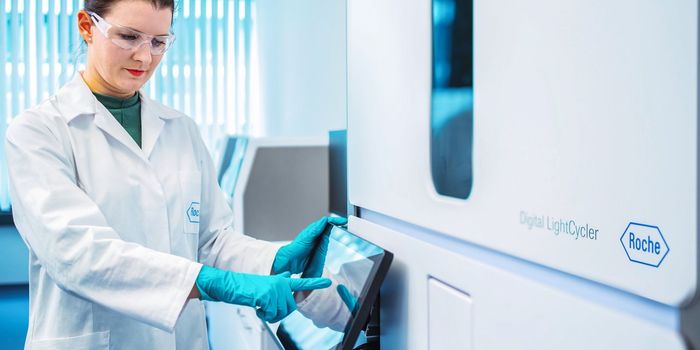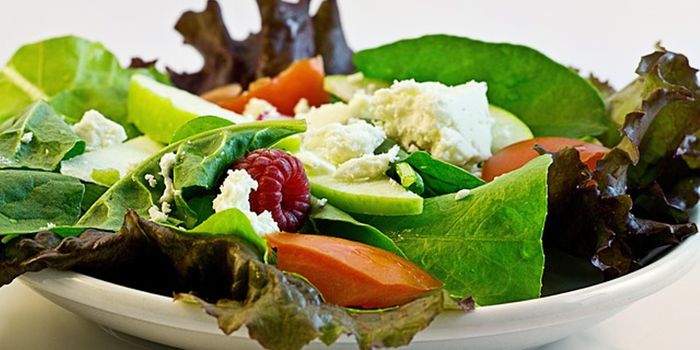How Many Women Actually Use Their Frozen Eggs?
Big corporations like Apple and Facebook made headlines when they announced coverage for costs associated with elective egg freezing for their female employees. Benefits like these are wholly attractive to women who wish to delay childbearing. However, a recent study reports that of the women who do get their eggs frozen, only a fraction of them actually end up using the frozen eggs. This result begs the question: How practical is elective egg freezing?
The notion of freezing a woman’s eggs was borne out of medical necessity. For women undergoing cancer treatments, this was a way to preserve their fertility prospects. Now that the process of has improved and the costs have decreased somewhat, more women are electing to freeze their eggs for what some doctors term “social reasons.”
Social egg freezing is done for reasons other than medical. For example, some women want to purposely delay childbearing while they achieve career objectives. “The types of women we see are mostly single, who wish to freeze their eggs in the event they do not meet a partner until later in life when their fertility potential is reduced. Occasionally we have women who are in a relationship but who for a variety of reasons are not in a position to start a family, and who wish to preserve their fertility for the future when they are ready,” said John McBain, a Fertility Specialist at Melbourne IVF.
But while egg freezing is gaining popularity among women, the new study suggests that this may not be as useful as women think.
The study surveyed around 100 women who opted to freeze their eggs between 1999 and 2014. The average age at the time of the procedure was 37 years old. And 86 percent of the women were single at the time. Of these women, only 6 percent ended up using the frozen eggs. And of these, only 3 percent actually gave birth from the frozen eggs.
Why did the majority of women not use the frozen eggs? In about 22 percent, the women had conceived naturally or had used “fresh” eggs for IVF procedures. In some cases, the women had yet to use the eggs because they weren’t ready to be a single parent, or they wished to try naturally first.
The survey results may hint at women’s reluctance to use their frozen eggs for a variety of reasons. First, the women may still not be ready, whether emotionally or financially. Second, the women found that the frozen eggs were not necessary once they were ready to conceive. And finally, the women may perceive a stigma attached to using frozen eggs; that is, that the quality of the frozen eggs may not be as good. Indeed, not all frozen eggs remain viable through the freezing and thawing process due to a multitude of factors.
Whatever the reason, the stark result is that egg freezing may not be as useful as some women may perceive. And so, even if a company is willing to foot the bill for the procedure, women should consider this option carefully since it requires substantial physical and time commitments (4-6 weeks of the same hormone-injection process as for in vitro fertilization).
Additional sources: Live Science, Herald Sun









